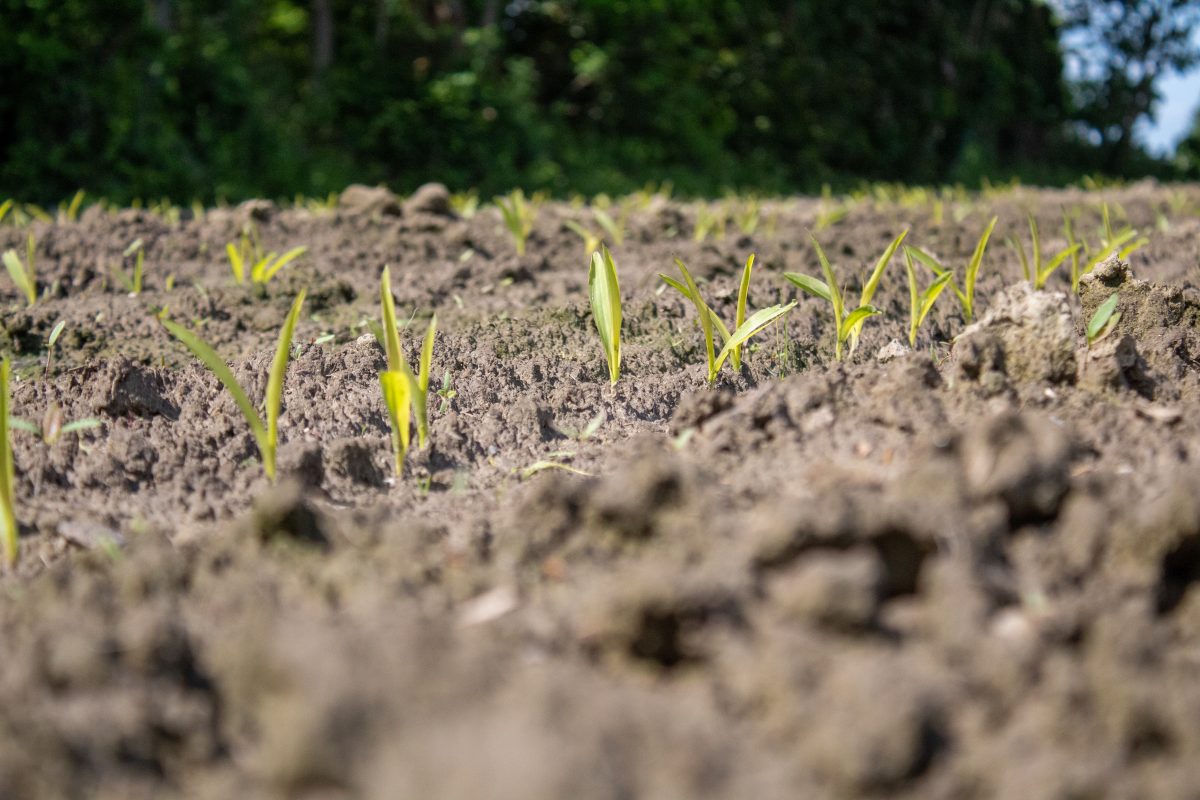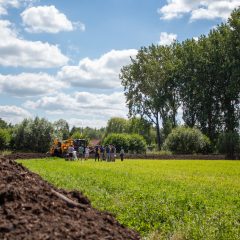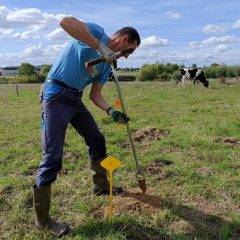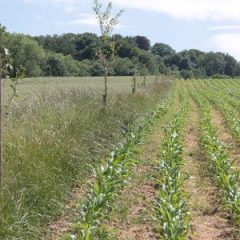Research project The role of soil in climate mitigation and adaptation
Agroecological strategies for promoting climate change mitigation and adaptation by enhancing soil ecosystem services and sustainable crop production

Contact our expert

Ioanna Panagea
General introduction
A monitoring framework around soil ecosystem services was developed here. The framework establishes clear links between the proposed indicators, the three pillars of soil health as defined in the Soil Monitoring Act - physical, chemical and biological - and the associated ecosystem services. The first goal was to be able to determine which ecosystem services a particular soil could provide - and to be able to monitor these ecosystem services with direct (measurements) and indirect indicators (e.g., based on already available data such as from satellites or management). Second, monitoring was performed on a network of pilot farms in order to reveal the impact of (agro-ecological) soil management practices on the evolution of ecosystem services and soil health. This would make it possible to determine how sustainable agricultural practices can contribute to greater yield stability under climate extremes.
Research approach
ARTEMIS investigated the role of soils in ecosystems through literature analysis, field trials, laboratory research and modeling. The Flemish BOPACT field trial provided long-term data for the evaluation of agro-ecological systems. ILVO played a key role in developing an innovative monitoring framework that combines directly measurable indicators with management data, models and remote sensing. This framework links soil health with physical, chemical and biological characteristics and their ecosystem services.
Relevance/Valorization
The analysis of existing data from the long-term field trial BOPACT revealed that drought and extreme rainfall had affected the yield and yield stability of maize and spring barley, but that this effect could not be traced to the different cropping practices. For firm conclusions about the influence of land management practices on the effectiveness of ecosystem services, more data from more years will be needed. The ARTEMIS project has provided important insights on the contribution of soils to climate mitigation, climate adaptation and sustainable agriculture. The results are valuable to farmers, policy makers and researchers. The monitoring framework is applicable at the farm level and supports a more precise assessment of soil resilience and ecosystem services.
Financing
EU Horizon2020
 ELK
ELK





